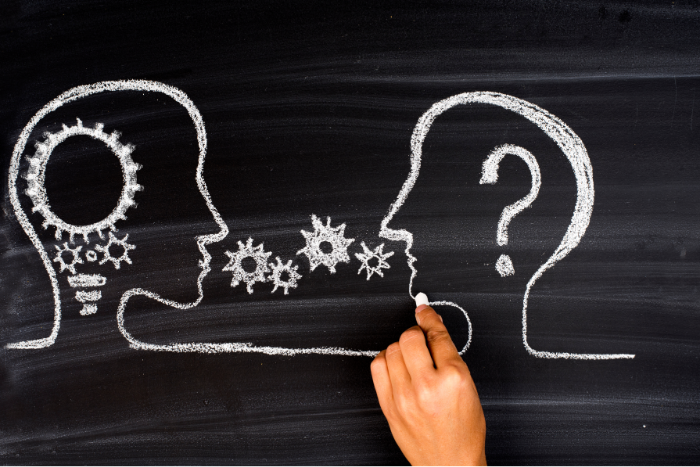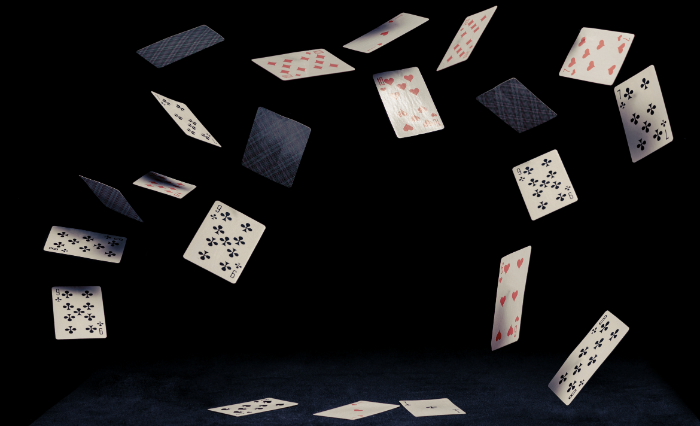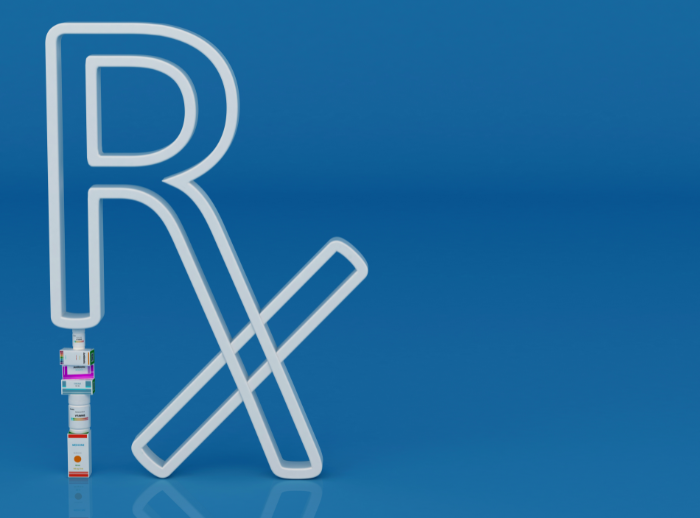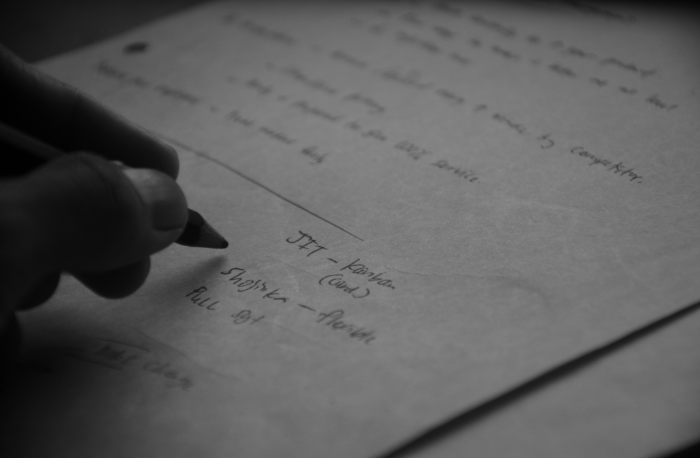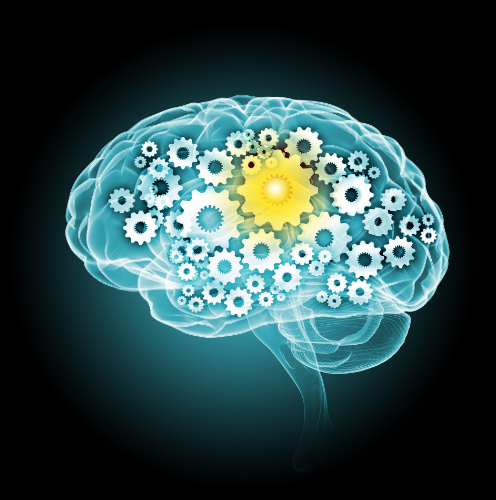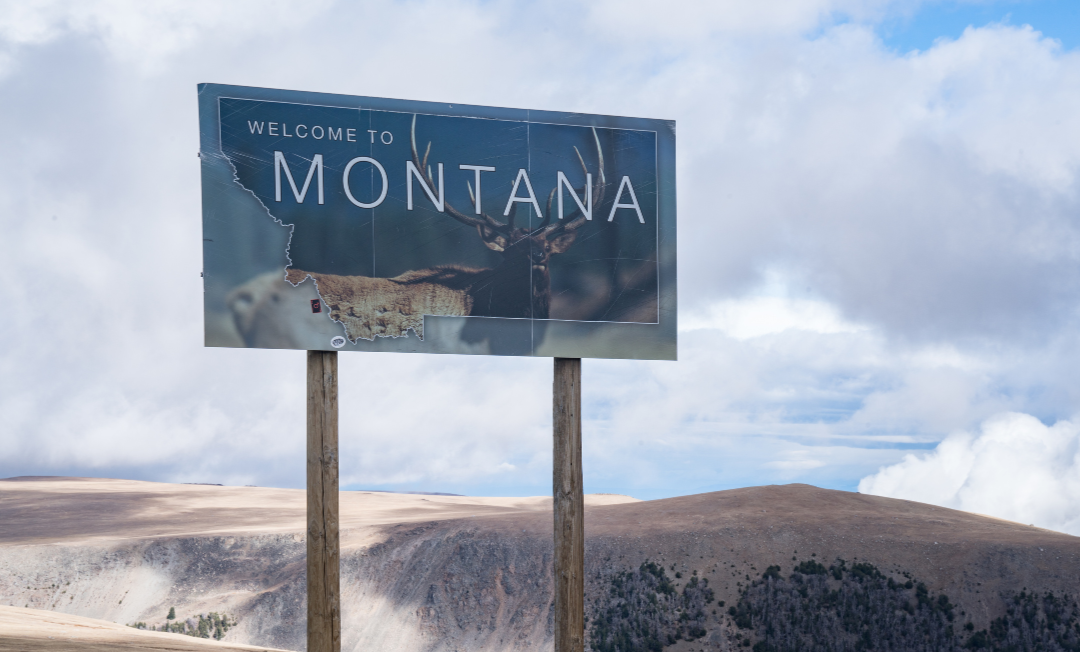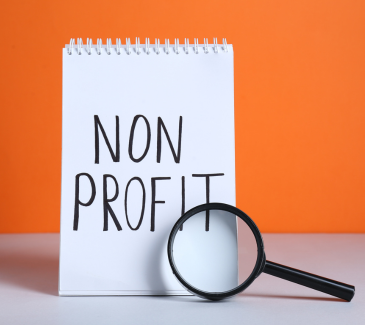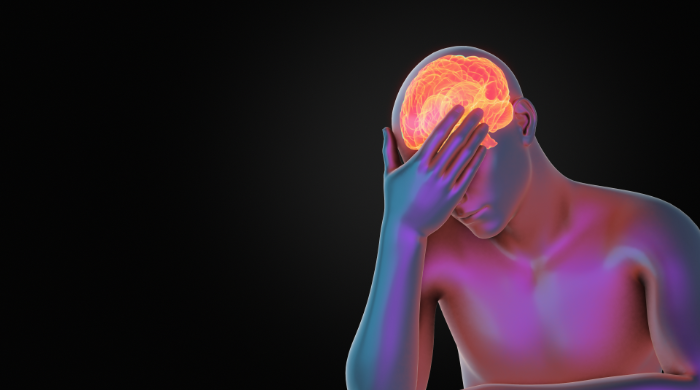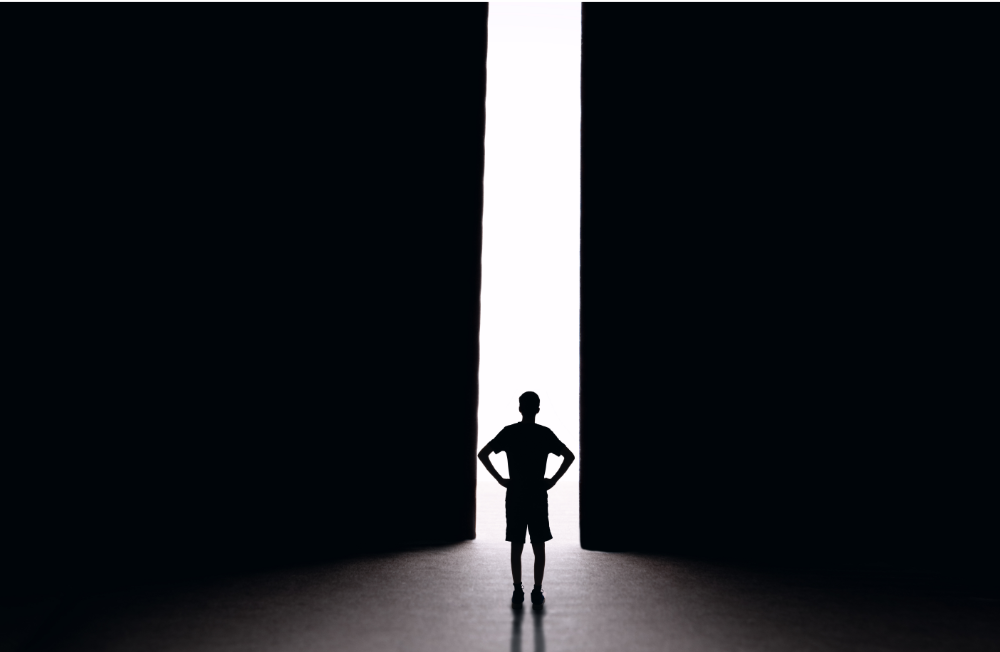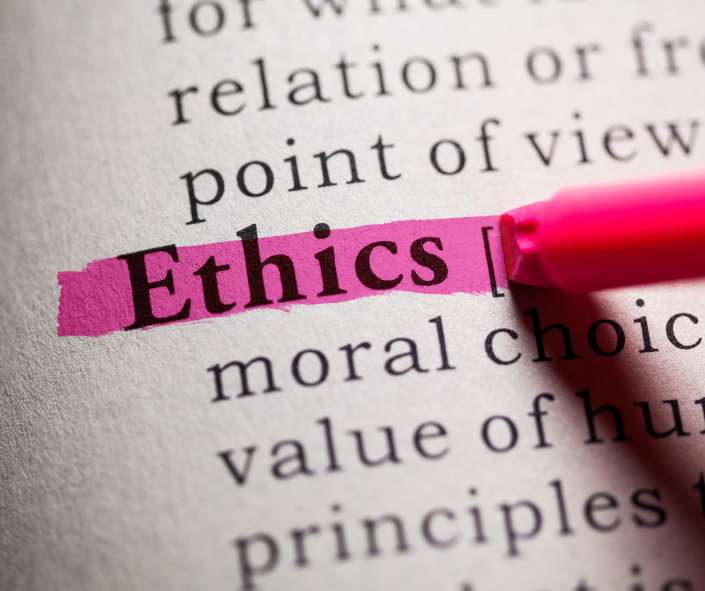Vernon Howard once wrote, “Trying to stop human badness with moral codes is as effective as scolding an eruptive volcano.” It’s a vivid image—the idea of standing before a roaring, red-hot volcano, wagging a finger, and expecting the lava to obey. Ridiculous, isn’t it? Yet history shows that this is exactly what societies, institutions, and individuals attempt to do when they rely solely on rules, commandments, or codes of conduct to stop destructive behavior.
The Limits of Moral Codes
Moral codes—whether religious commandments, political platforms, or cultural “shoulds”—have been with humanity for centuries. They serve a purpose: they set boundaries, clarify values, and provide a structure for cooperation. But they don’t change the human heart. Codes can restrain some behavior on the surface, but they rarely transform what lies beneath. At best, they regulate appearances. At worst, they provoke rebellion, resentment, or hypocrisy. A thief doesn’t stop stealing because stealing is “against the rules.” He stops only when something deeper shifts—fear of consequence, awakening of conscience, or recognition of the harm he causes. Without that inner shift, the volcano simmers beneath the crust, waiting to erupt again.
Why Scolding Doesn’t Work
Think about it on a personal level. Have you ever had someone scold you, shame you, or impose a moral lecture in the hope that it would change your behavior? Did it actually change you—or did it make you defensive, irritated, and even more determined to do what you were told not to? Scolding only strengthens resistance. It deals with symptoms, not causes. That’s why Vernon Howard compared it to confronting lava with lectures—it looks active, but it’s utterly ineffective.
The Real Work: Inner Transformation
The real solution lies deeper than codes and scoldings. Change happens when individuals cultivate awareness, self-honesty, and responsibility for their own choices. Awareness disarms badness at its root. It’s the difference between treating a disease with painkillers versus addressing the infection that causes the pain.
Awareness shines light on the unconscious motives that fuel destructive behavior.
Self-honesty admits that the problem isn’t “out there” but often originates within.
Responsibility shifts the focus from blame and excuses to action and growth.
This is the work that moral codes can’t do for us. They can point the way, but they can’t walk the path.
A Lesson for Today’s World
In today’s culture wars, political battles, and online outrage cycles, we see the futility of trying to legislate morality or cancel badness into submission. Shouting at people to be better doesn’t make them better. Passing endless rules doesn’t resolve the underlying turmoil. What works is creating space for genuine reflection, compassion, and accountability. Transformation is always inside-out, not outside-in.
Final Reflection
Vernon Howard’s volcano image challenges us to rethink how we deal with human flaws—our own and others’. Scolding doesn’t cool lava. Rules don’t erase selfishness, greed, or cruelty. Only awareness, humility, and transformation have the power to change the human condition. So the next time you feel the urge to scold, preach, or lecture, pause. Instead of standing in front of the volcano, step back and ask: How can I bring more awareness—within myself and others—so the eruption never begins?










